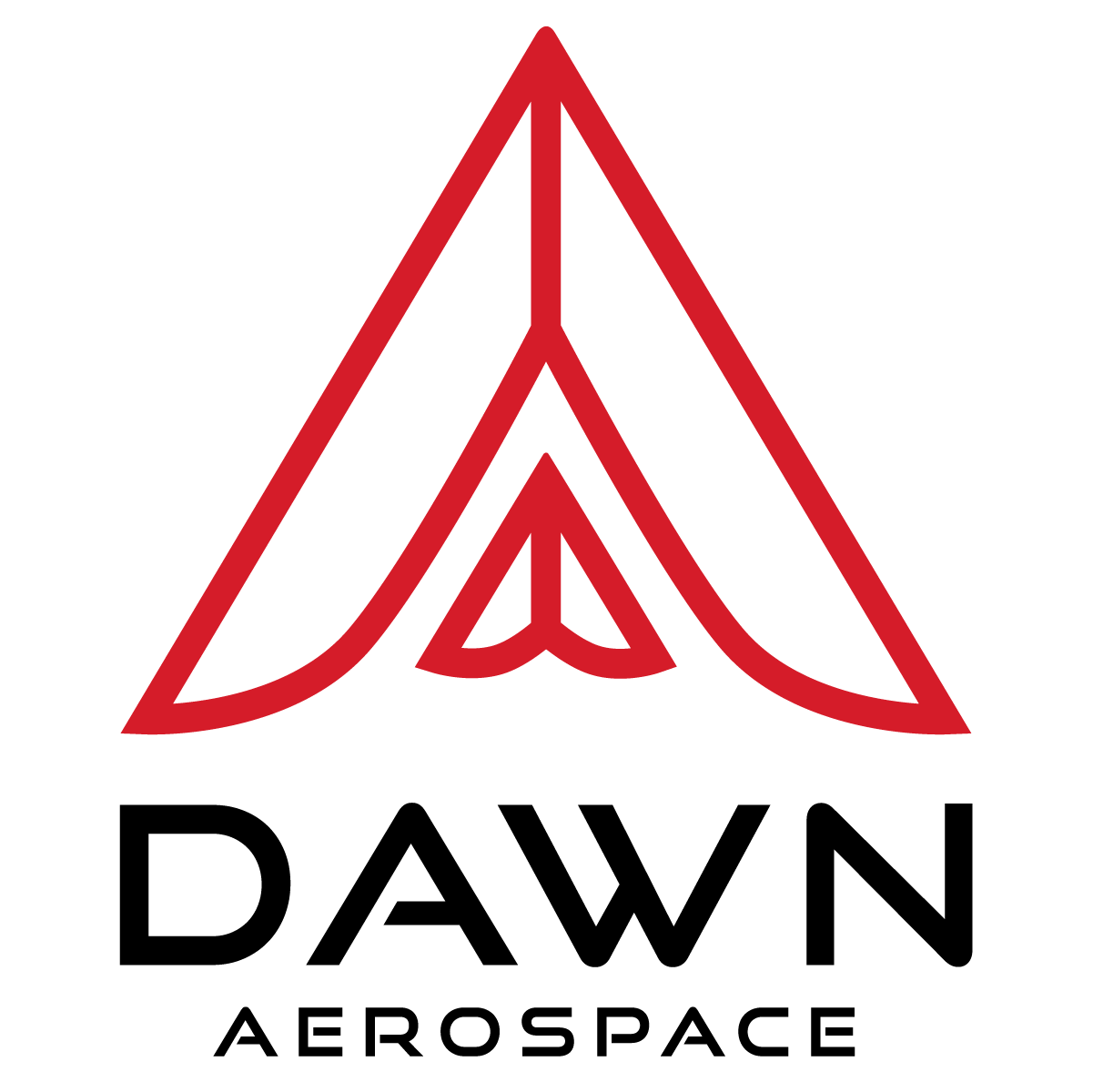Dawn Aerospace signs ESA's Zero Debris Charter
Dawn’s Chief Legal, Policy & Sustainability Officer
Berlin, Germany: Dawn Aerospace is proud to announce it has signed the European Space Agency's (ESA) Zero Debris Charter. This move underscores Dawn’s ongoing commitment to a sustainable space industry and its proactive stance on minimizing space debris.
ESA’s Zero Debris Charter is a voluntary initiative that invites space industry stakeholders to adopt measures aimed at reducing space debris. Dawn Aerospace was joined by leading space companies in signing the agreement at the ILA Berlin Air Show on June 6th. By signing the Charter, the companies have signalled their alignment with ESA’s vision to ensure that all satellites launched after 2030 will be removed from their operational orbits at the end of their missions, significantly reducing the amount of space debris and ensuring a safer and more sustainable orbital environment.
Dr. Neta Palkovitz, Dawn’s Chief Legal, Policy & Sustainability Officer noted: “We are glad for the opportunity to join ESA’s great initiative as we continue to contribute to the safe exploration and use of outer space with our technology. Congratulations to ESA and to the many entities signing today. We are especially proud to see our customers and partners on the signatories list.”
Stefan Powell, CEO of Dawn Aerospace, remarked, “Our propulsion systems are already used for end-of-life disposal and collision avoidance, so joining the Charter is a natural extension of our commitment to sustainability in space. We’ll continue to advocate for the safe disposal of satellites to move from being voluntary into law.”
Dawn Aerospace is a leading provider of green, in-space propulsion systems. These systems use safe, non-toxic propellants, nitrous oxide and propene. They not only enhance satellite manoeuvrability but also support end-of-life deorbiting.
Dawn’s commitment to sustainability extends to its launch vehicle, a rocket-powered aircraft. Unlike traditional single-use or refurbishable rockets, Dawn’s vehicle will launch multiple times a day from existing runways. The Mk-II Aurora, a subscale, suborbital technology demonstrator, will also carry payloads to high altitudes for climate modelling and atmospheric research.
Signing the Zero Debris Charter will involve adopting best practices in satellite design, mission planning, collision avoidance, and end-of-life disposal. Twelve European nations also signed the charter in late May.


